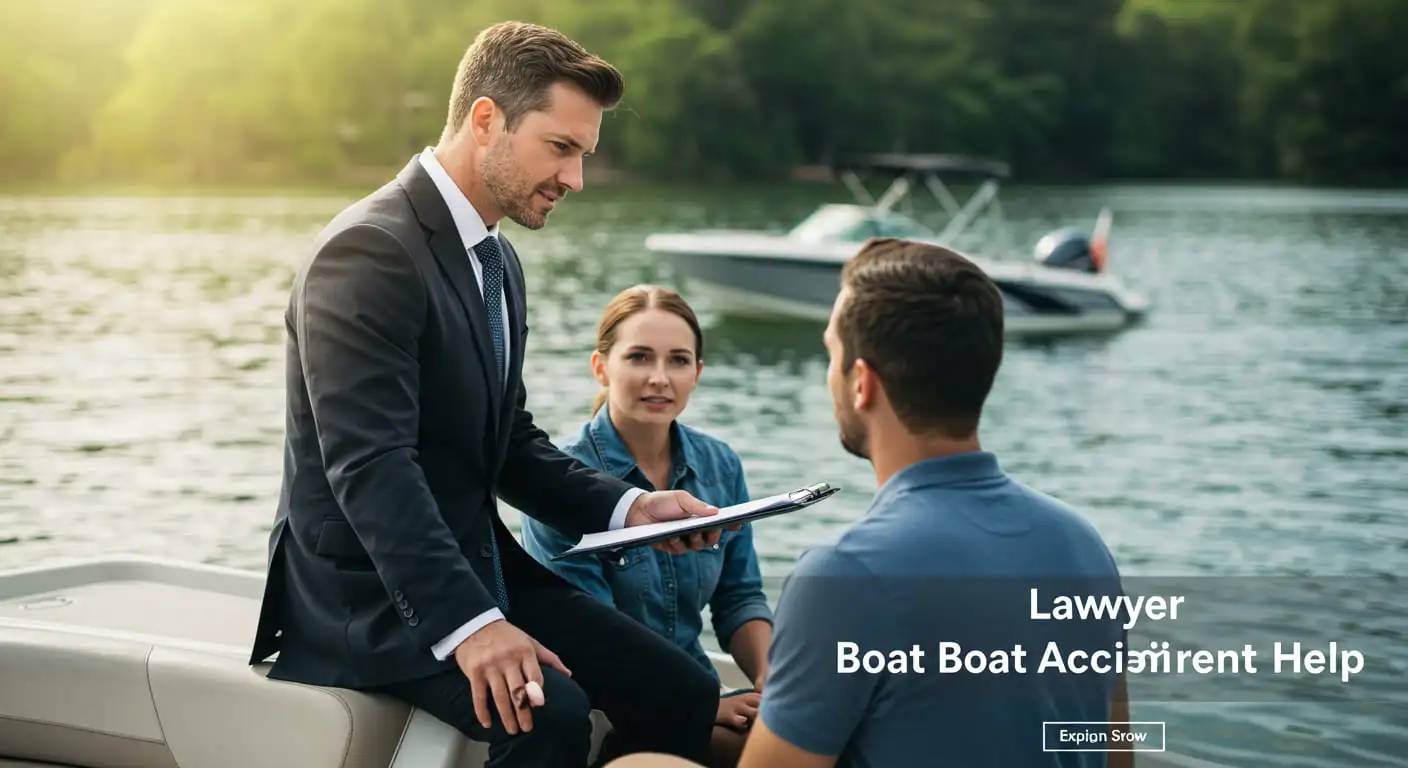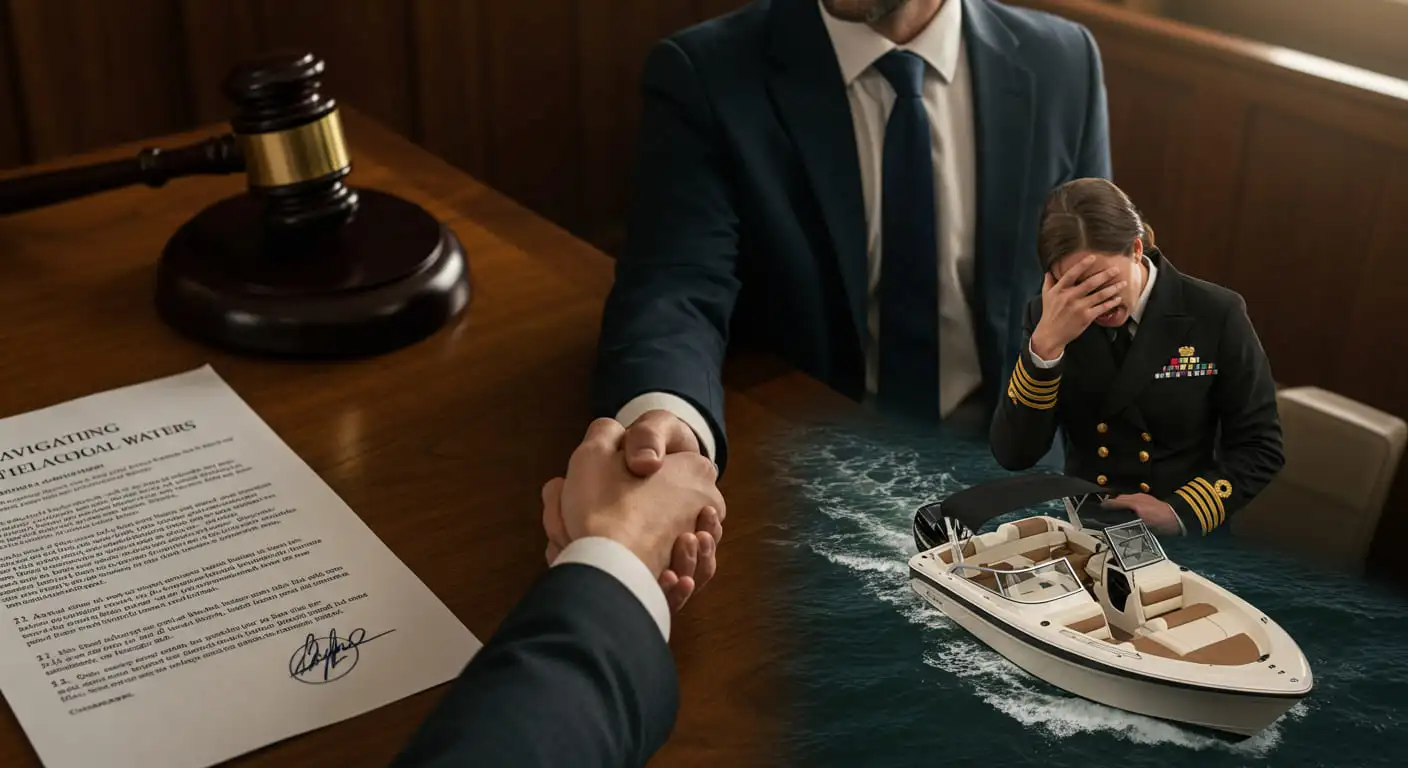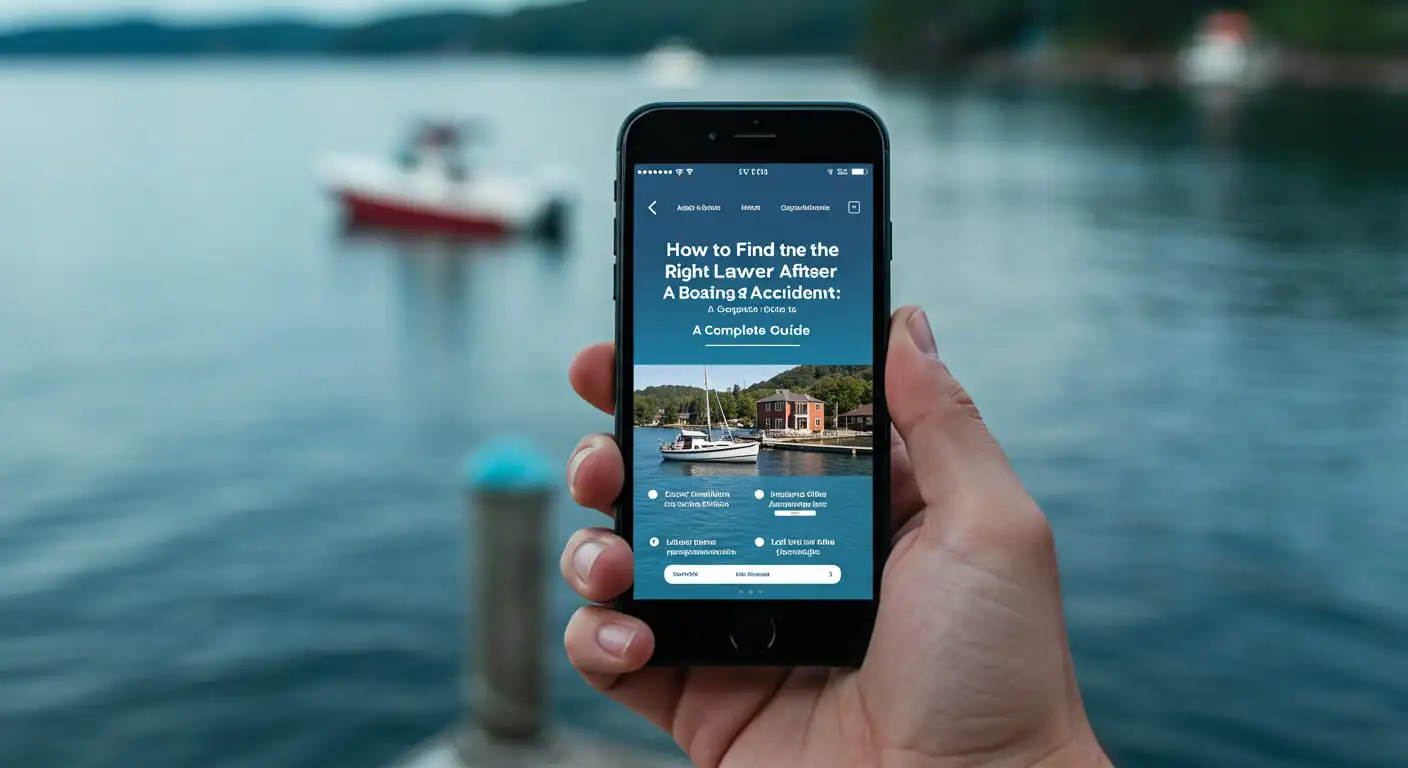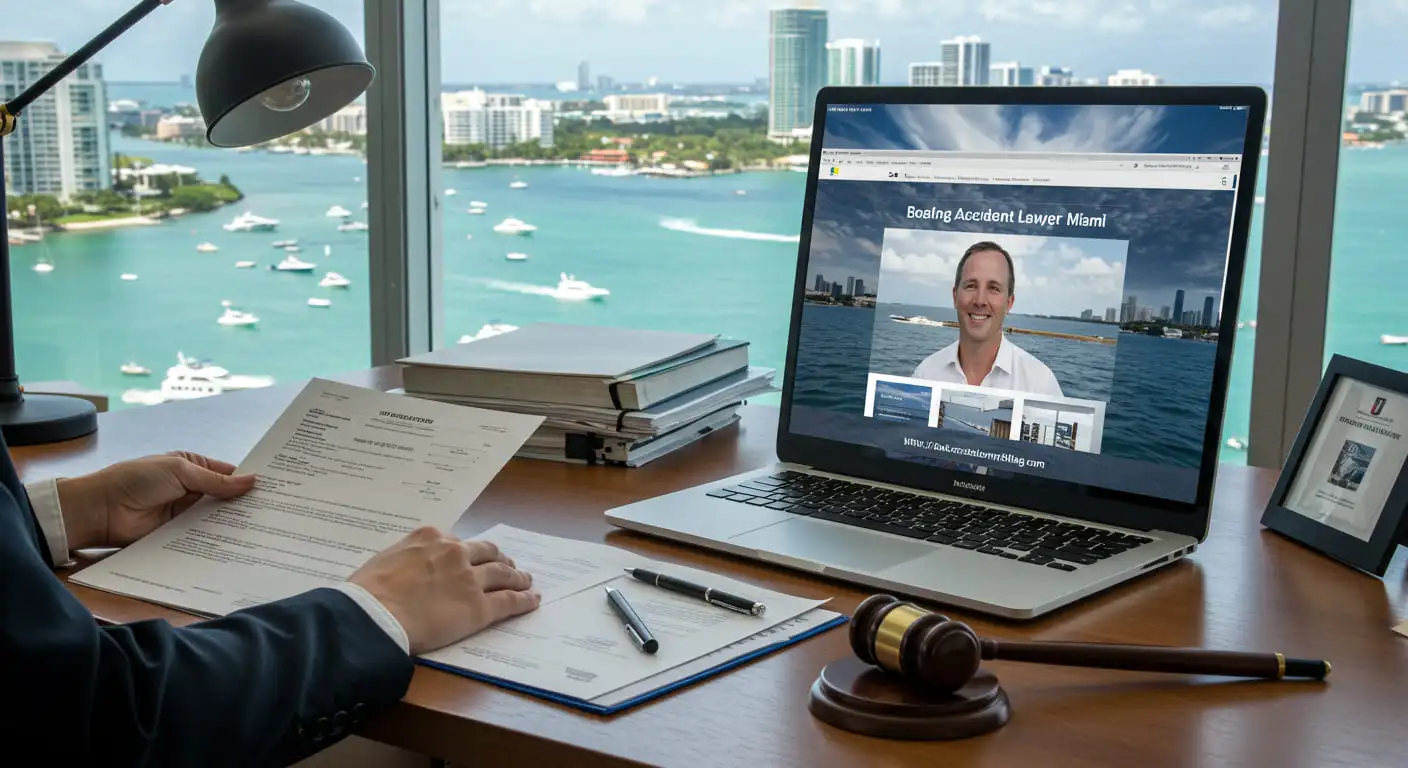Discover the top 10 causes of boating accidents and learn how to prove negligence in court to get the compensation you deserve.
1.1: Top 10 Causes of Boating Accidents and How to Prove Negligence
Boating is a great way to relax and enjoy the outdoors, but it comes with serious responsibilities. When safety rules are ignored, the consequences can be devastating. Understanding the top causes of boating accidents helps victims and their families determine fault and prove negligence in legal proceedings. Here are the ten most common causes and how to support your claim.
Operator Error and Reckless Driving
One of the most frequent causes of boating accidents is operator error. Inexperienced or careless boaters may speed, ignore navigation rules, or make dangerous turns. This type of behavior is often considered reckless boating, and it’s a leading cause of collisions and capsizing.
To prove negligence, you must show that the operator failed to act as a reasonable person would. Eyewitness statements, surveillance footage, or GPS tracking can help demonstrate unsafe actions on the water.
Equipment Failures and Maintenance Issues
Mechanical failure is another major cause of boating accidents. From faulty steering systems to broken engines, poorly maintained equipment can quickly lead to disaster.
Defective Design or Manufacturing
Sometimes, the boat itself may be inherently dangerous due to defective design or manufacturing. In such cases, victims may pursue a product liability claim against the manufacturer. Retaining the damaged parts and hiring engineering experts is key to building a strong case.
Failing Safety Inspections
Neglecting regular safety inspections can result in preventable breakdowns. If a boat owner skipped inspections or ignored warnings, this could be used to establish negligence.
Other Common Causes
-
Speeding in no-wake zones
-
Operating during bad weather conditions
-
Overloading the vessel
-
Lack of proper navigation lights at night
-
Failure to use life jackets or follow safety regulations
-
Distracted boating (e.g., using a phone)
How to Prove Negligence in a Boating Accident
To win a negligence claim, you must establish four key elements:
-
Duty of care – The operator had a responsibility to act safely.
-
Breach of duty – They failed to meet that standard.
-
Causation – Their actions directly caused the accident.
-
Damages – You suffered injuries or losses as a result.
Collecting evidence quickly is essential. Take photos, obtain witness contact details, and seek legal help immediately.
1.2: Drunk Boating Accidents: Your Legal Rights and Remedies
Learn your rights if injured in a drunk boating accident. Understand legal remedies, BAC laws, and how to gather evidence of boating under the influence.
Drunk Boating Accidents: Your Legal Rights and Remedies
Boating under the influence is just as dangerous—and illegal—as driving drunk on land. A drunk boating accident can lead to severe injuries or even death. If you or a loved one has been harmed due to someone operating a vessel while intoxicated, it’s crucial to know your legal rights and the steps to take.
State BAC Limits and “Boating Under the Influence” Laws
All U.S. states have laws against boating under the influence (BUI), with most enforcing a BAC limit of 0.08%—the same as for motor vehicle drivers. However, penalties for BUI can vary widely from fines and jail time to suspension of boating licenses.
In civil lawsuits, showing the operator was above the legal BAC level strongly supports a negligence or reckless behavior claim.
How to Gather Evidence of Impairment
Proving a drunk boating accident requires solid evidence of impairment. Unlike on the road, gathering proof on the water has unique challenges.
Field Sobriety Tests on the Water
Marine officers may administer field sobriety tests, such as:
-
Horizontal gaze nystagmus (eye test)
-
Finger-to-nose coordination test
-
Balance checks
These can be used as evidence in court to confirm boating under the influence.
Expert Witnesses in DUI Boating Cases
In complex cases, expert witnesses—such as toxicologists or maritime law specialists—can explain how alcohol affects boat handling and judgment. Their testimony strengthens your claim, especially when the defense disputes intoxication.
Legal Remedies for Victims
If you’re injured in a drunk boating accident, you may be entitled to:
-
Medical expense compensation
-
Lost wages
-
Pain and suffering
-
Punitive damages (in extreme negligence cases)
Acting quickly ensures you preserve vital evidence and meet legal deadlines. A boating accident attorney can guide you through filing a civil lawsuit or insurance claim.
Leave a reply










